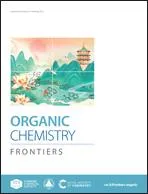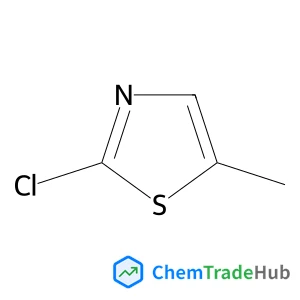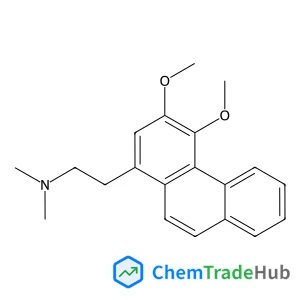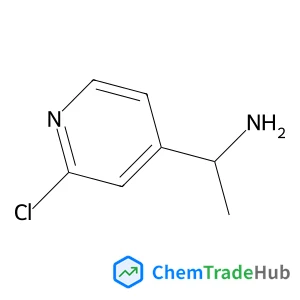Carbene-enabled ether activation through the formation of oxonium: a theoretical view
Literature Information
Ya-Nan Wang, Xinghua Wang, Shi-Jun Li
Here, we report a theoretical investigation of the reactivity and chemoselectivity of carbene-enabled ether activation. The mechanism obtained from DFT calculations revealed that the final products were dependent on the stability of the oxonium intermediate, which was afforded by nucleophilic attack of the corresponding ether onto a carbene species. Interestingly, we found that the nucleophilicity of ethers was crucial but not their solvation. Energy decomposition analysis based on absolutely localized molecular orbitals showed that the nucleophilicity of ethers was critical for polarization and charge transfer, leading to the chemoselectivity.
Related Literature
IF 6.222
Life cycle assessment of power-to-gas with biogas as the carbon sourceIF 6.367
Efficient one-pot synthesis of alkyl levulinate from xylose with an integrated dehydration/transfer-hydrogenation/alcoholysis processIF 6.367
Triboelectric nanogenerators for a macro-scale blue energy harvesting and self-powered marine environmental monitoring systemIF 6.367
An environmentally friendly natural polymer as a universal interfacial modifier for fullerene and non-fullerene polymer solar cellsIF 6.367
Outstanding Reviewers for ChemComm in 2020IF 6.222
Synthesis of aviation fuel from bio-derived isophoroneIF 6.367
Insights into the mechanism of photosynthetic H2 evolution catalyzed by a heptacoordinate cobalt complexIF 6.367
Selective production of monocyclic aromatic hydrocarbons from ex situ catalytic fast pyrolysis of pine over the HZSM-5 catalyst with calcium formate as a hydrogen sourceIF 6.367
CaMoO4 nanosheet arrays for efficient and durable water oxidation electrocatalysis under alkaline conditionsIF 6.222
Source Journal
Organic Chemistry Frontiers

Organic Chemistry Frontiers publishes high-quality research from across organic chemistry. Emphases are placed on studies that make significant contributions to the field of organic chemistry by reporting either new or significantly improved protocols or methodologies. Topics include, but are not limited to the following: Organic synthesis Development of synthetic methodologies Catalysis Natural products Functional organic materials Supramolecular and macromolecular chemistry Physical and computational organic chemistry
Recommended Compounds
Recommended Suppliers
 Polysius AG
Polysius AG Verrerie Soufflée Mécanique (VSM) S.A.
Verrerie Soufflée Mécanique (VSM) S.A. Suzhou Sanyi Polymer Chemistry Technology Co., Ltd.
Suzhou Sanyi Polymer Chemistry Technology Co., Ltd. Qingdao Bovonkem Pharmachem Tech Co., Ltd.
Qingdao Bovonkem Pharmachem Tech Co., Ltd. Zhejiang Huasheng Chemical Products Co., Ltd.
Zhejiang Huasheng Chemical Products Co., Ltd. Albert Handtmann Elteka GmbH & Co. KG
Albert Handtmann Elteka GmbH & Co. KG Silver Heaven Chemical Co., Ltd.
Silver Heaven Chemical Co., Ltd. Elite Thermal Systems Ltd
Elite Thermal Systems Ltd EspyChem (Shanghai) Co., Ltd.
EspyChem (Shanghai) Co., Ltd. Hangzhou Haidah Pharmaceutical Chemical Co., Ltd.
Hangzhou Haidah Pharmaceutical Chemical Co., Ltd.











![4079-26-9 - 6,11-Dihydro[1]benzothiopyrano[4,3-b]indole 4079-26-9 - 6,11-Dihydro[1]benzothiopyrano[4,3-b]indole](/structs/407/4079-26-9-7725.webp)


![1337532-29-2 - 1-(5-(4-amino-7-methyl-7H-pyrrolo[2,3-d]pyrimidin-5-yl)-4-fluoroindolin-1-yl)-2-(6-methylpyridin-2-yl)ethanone 1337532-29-2 - 1-(5-(4-amino-7-methyl-7H-pyrrolo[2,3-d]pyrimidin-5-yl)-4-fluoroindolin-1-yl)-2-(6-methylpyridin-2-yl)ethanone](/structs/133/1337532-29-2-edb6.webp)